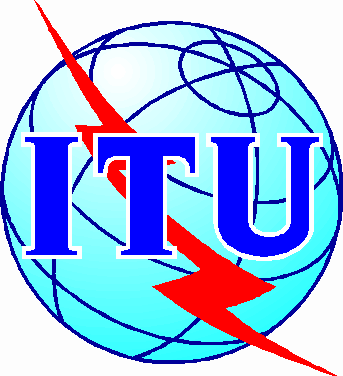 The United Nations’ agency for telecoms, ITU, has released a set of numbers on mobile and broadband penetration globally. There have been many times more mobile phones than fixed-line telephones on the planet for a while now but now this also applies to broadband connections: by the end of 2009, the ITU expects 600m mobile broadband subscriptions globally compared to only 500m for fixed-line equivalents.
The United Nations’ agency for telecoms, ITU, has released a set of numbers on mobile and broadband penetration globally. There have been many times more mobile phones than fixed-line telephones on the planet for a while now but now this also applies to broadband connections: by the end of 2009, the ITU expects 600m mobile broadband subscriptions globally compared to only 500m for fixed-line equivalents.
This is not to say that all is good already. The divide between the so-called first and third worlds is immense: the broadband penetration in Europe is 20%, in Africa only 0.1%. And it is the latter where the exponential further growth of mobile (telephony and broadband) will lie then: the competition mobile networks have from fixed lines is much lower in territories with less legacy networks built. And in rural parts of Africa (and elsewhere), the cost of putting up the respective infrastructure makes the installation of fixed line networks simply untenable.
The cost of ICT spend represent a whopping 41% of an African average monthly income. In the Americas (average of North and South), this is c. 7% and in Europe just over 1%.
Here’s some other bits from the ITU’s facts and figures:
- 4.6bn estimated mobile subscribers by end of 2009.
- 25% of the world’s population uses the Internet.
- China has overtaken the US as the country with the biggest broadband subscriber base (but still has “only” 6.2% penetration rate on a subscription (as opposed to household) basis.
- Of the world’s population (6.9bn), 70.8% (or 4.9bn) have access to a TV at home (not equal to number of TV sets) and 27.3% (1.9bn) have access to a PC at home. By number of households, this looks as follows: 1.7bn households globally, 1.3bn of which have a TV and 600m a PC. The gap is expected to narrow quickly due to declining prices and ongoing convergence.
- The US accounts for 82.6% of all mobile broadband subscriptions in the Americas (North and South). In Asia and the Pacific, 70% of such subscriptions are in Japan and South Korea.
- The top 5 most highly developed ICT economies (listen up, Mr Scoble) are:
- Sweden,
- South Korea,
- Denmark,
- Netherlands, and
- Iceland
Japan ranks on # 12, the US ranks on # 17, Canada on # 19 and Russia on # 50.
The ITU provides some reports as downloads: The World in 2009 [PDF] as well as a statistical profile on the state of the information society in Africa [PDF].

1 Pingback